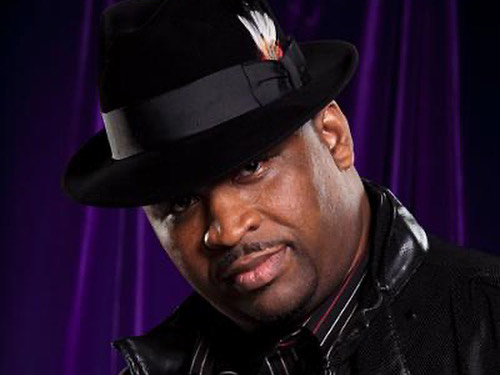
It is no secret that Patrice O’Neal was not exactly a universally beloved comedian, like George Carlin or Dave Chappelle. In fact, during a roundtable discussion about the public reaction to his untimely death in 2011, radio personality Jim Norton (“The Opie and Anthony Show”) playfully described it as having “a lot of tears and a lot of balloons.” It is these candid discussions that make the new Comedy Central stand-up documentary a profoundly entertaining and thought-provoking watch.
Despite the aura of controversy that seemed to be the focal point of Patrice O’Neal’s comedy, there is little room for doubt that he is revered among comics. Guests on the documentary included the likes of Kevin Hart, Dennis Leary, Bill Burr and Sue Costella, each telling their own hilarious stories about the late comic. The documentary cleverly incorporates animated sequences that are interwoven with certain personal anecdotes, some of which capture O’Neal’s unique perspective on the pursuit of fame.
Growing up in a small town in Boston, it did not take long for O’Neal to learn the realities of race relations. Several clips throughout the documentary demonstrate the comedian’s conversational approach to the topic of race, which would quickly turn the touchy subject into an outrageous punchline. The documentary references the Charles Stuart incident in 1989 as fuel for O’Neal’s commentary on race relations. Footage from his hour-long comedy special “Elephant in the Room” (2011) reveal his innate understanding of racism in America and his impressive ability to get large audiences to see and immersify themselves in his hilarious perspective. Some footage also reveals his lack of patience when it came to hecklers, sometimes even paying guests to leave his shows.
The documentary also delves deep into O’Neals take on relationships. It is in this area that he receives most of his pushback, with some guests like Bonnie McFarlane expressing their own annoyance with his seemingly one-dimensional model for relationships. Blanket statements like “a happy man is a happy relationship, a happy woman is an unhappy relationship” come off as brash and, at first glance, as an overly simplistic view on the complexities of a romantic relationship. However, the documentary curates a series of clips, which provide more context as O’Neal examines the “ugliness of relationships,” essentially advocating against a man sacrificing too much of himself in a relationship for fear of being alone. The devil is in the details, but O’Neal, at one point, was making a living on giving relationship advice by starting his own talk radio show “The Black Phillip Show,” which was inspired by fans who began to refer to O’Neal as the “black Dr. Phil.”
However, the comedian’s fraught relationship with show business is an especially salient feature here, with his provocateur personality often clashing with network executives and preventing him from having any kind of foothold in show business. “Be the truth at all costs,” the same philosophy that propelled him to stardom was perhaps also responsible for periods of stagnation in his career. The documentary depicts a personality who battles with the allure of “making it to the top” and the importance of staying true to yourself. Patrice O’Neal, the comedian, may not have maximized his potential, but what the documentary tells us is that in the end, the essence of who he was remained utterly implacable no matter how much fame he received.
Verdict: “Patrice O’Neal: Killing Is Easy” is an endearing love letter to what could have been a momentous career. The documentary is filled with personal anecdotes that are both funny and revealing in a heartwarming way.







